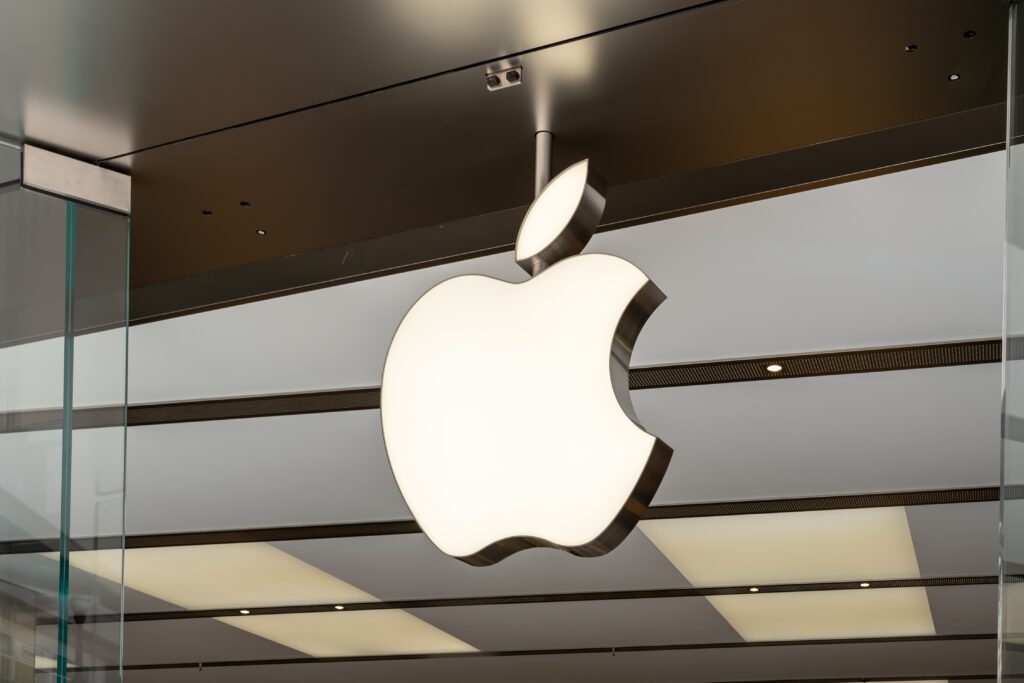The UK government has reportedly ordered Apple to grant access to encrypted user data stored in the cloud, a move that could have global ramifications for privacy and government surveillance. This decision marks a significant challenge to Apple’s reputation as a staunch privacy advocate.
Apple Privacy Battle
Apple is facing a controversial order from the
UK government to provide backdoor access to encrypted data, including messages, photos, and notes, stored on its
iPhones, iPads, and Macs. The request, issued last month, is said to be unprecedented, as it demands broad access to data that is typically accessible only by the user.
The UK government’s order goes beyond the U.S. and could potentially set a precedent for other nations, raising concerns about privacy and the risks of government surveillance. Experts worry that if the UK gains this level of access, adversarial countries may seek similar powers, undermining trust in tech companies like
Apple. Cryptography expert Matthew Green warns that allowing such access could make users vulnerable to surveillance from foreign governments, particularly those with adversarial interests like China.
Apple has long championed user privacy, refusing to comply with U.S. government requests in the past, such as its resistance to unlocking an encrypted iPhone following a 2016 shooting in San Bernardino. Despite this, Apple is under pressure to comply with the UK order, which may lead to Apple ceasing its encrypted cloud storage services in the UK to protect user data.
Global Implications and Risks
The potential ripple effect of Britain’s request could influence other countries to demand similar access to encrypted data. Privacy advocates worry that this could lead to dangerous precedents for international data access, particularly in regions with authoritarian governments. Experts caution that backdoor access could expose users to hacking and fraud risks, as malicious actors could exploit any vulnerability in the system.
The case also highlights the growing tension between governments seeking broader data access for national security and privacy advocates who argue that such access threatens individual freedoms. U.S. law does not have a direct equivalent to the UK’s Investigatory Powers Act of 2016, which serves as the legal basis for this request.
Privacy Solutions: Advanced Data Protection
Apple’s Advanced Data Protection, introduced in 2022, offers a safeguard for users, applying
end-to-end encryption to cloud-stored data so that even Apple cannot access it. In light of the UK’s demands, experts recommend that users enable Advanced Data Protection to enhance security and privacy.
John Villasenor, a tech law expert, underscores the importance of understanding the risks of cloud storage, where users often lose control over their data. Despite the legal challenges Apple faces, Green supports the use of advanced data protection measures, particularly for those with sensitive information.
The UK’s demand for encrypted data access presents a critical juncture in the ongoing debate over privacy and government surveillance. As
tech companies like Apple face increasing pressure to comply with government orders, the global community watches closely to see how this will affect user privacy, data security, and the balance between national security and personal freedoms.


